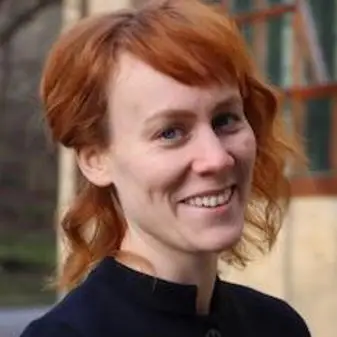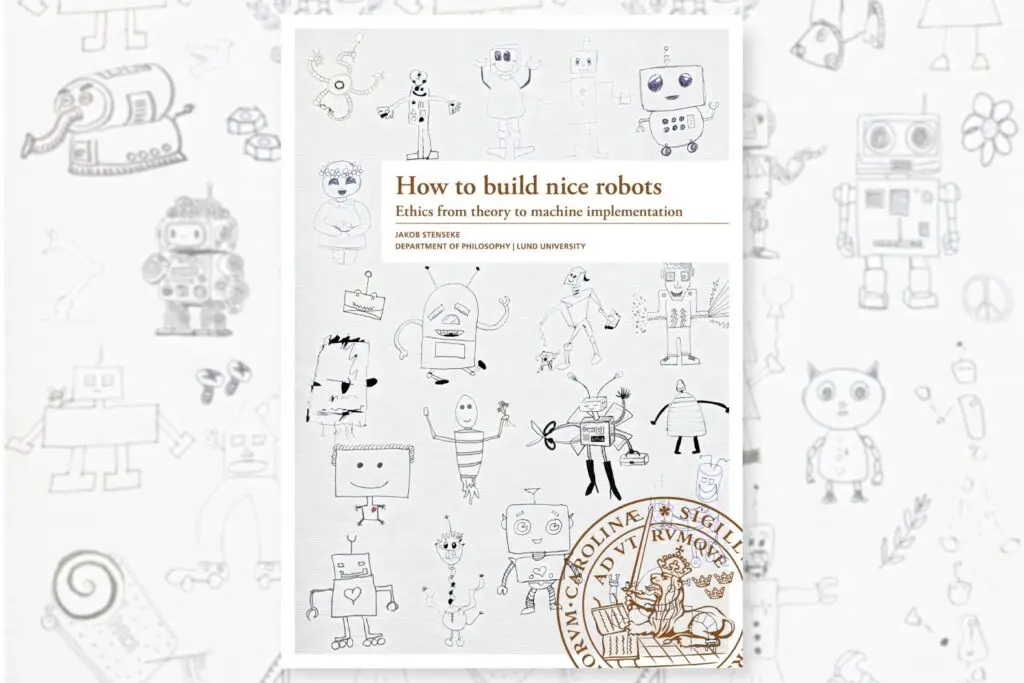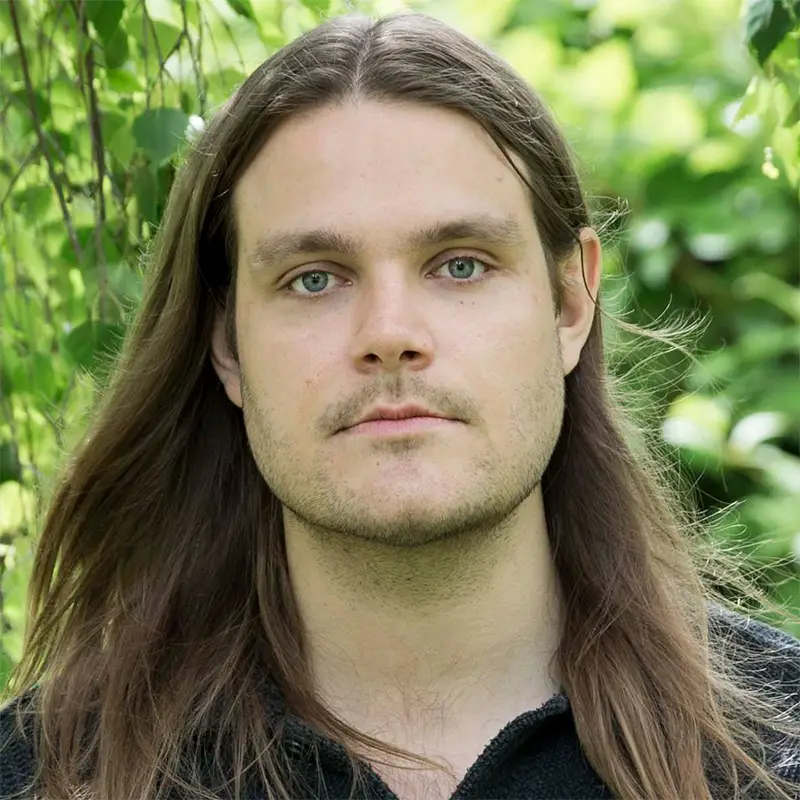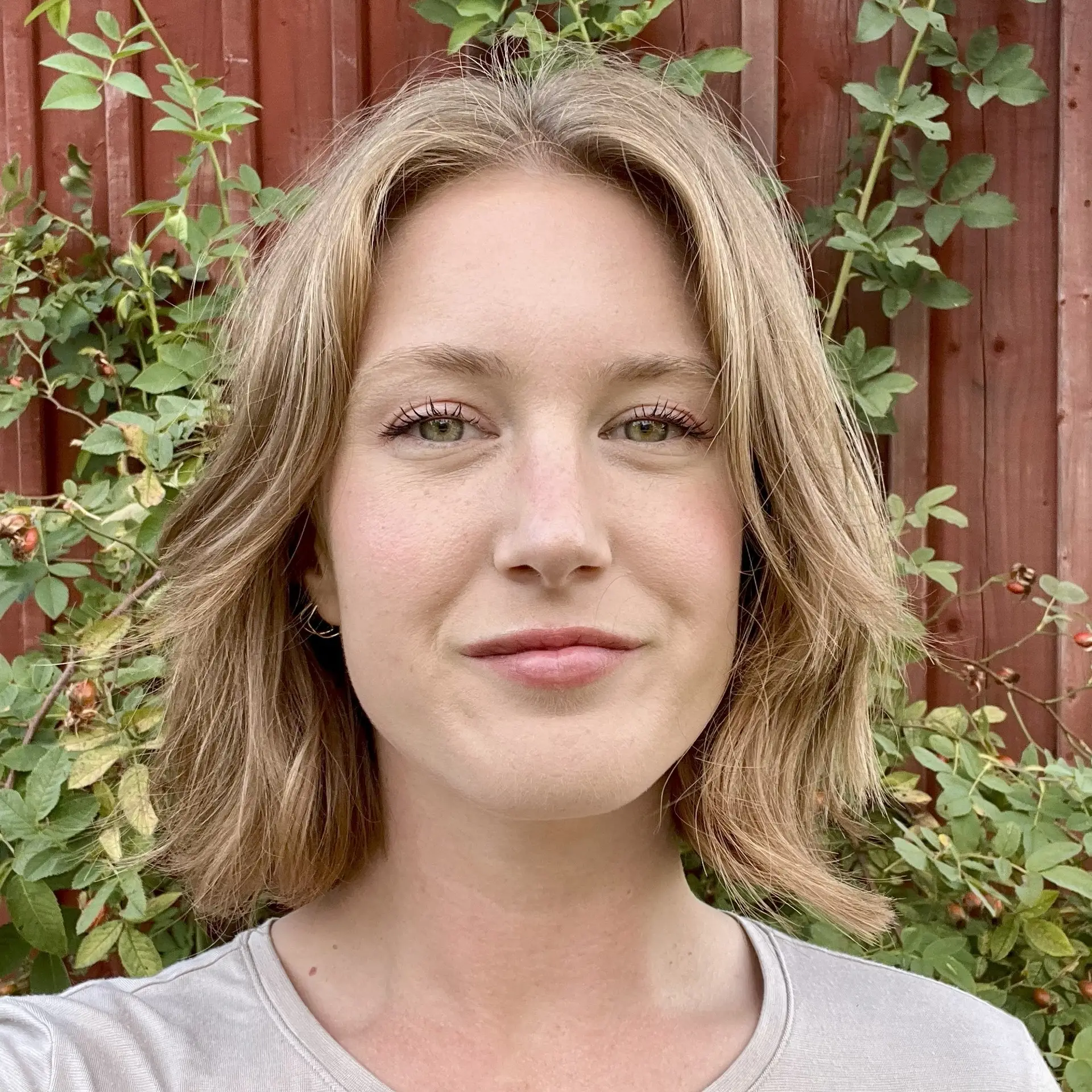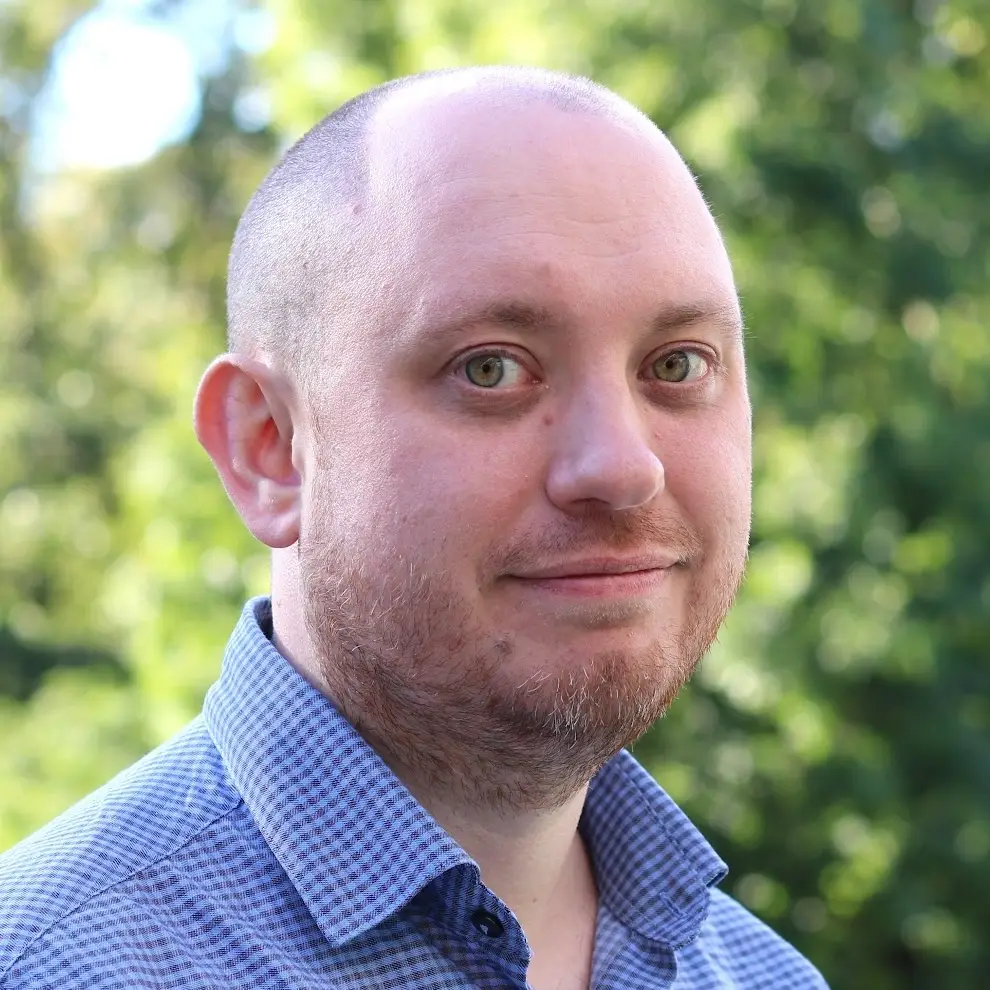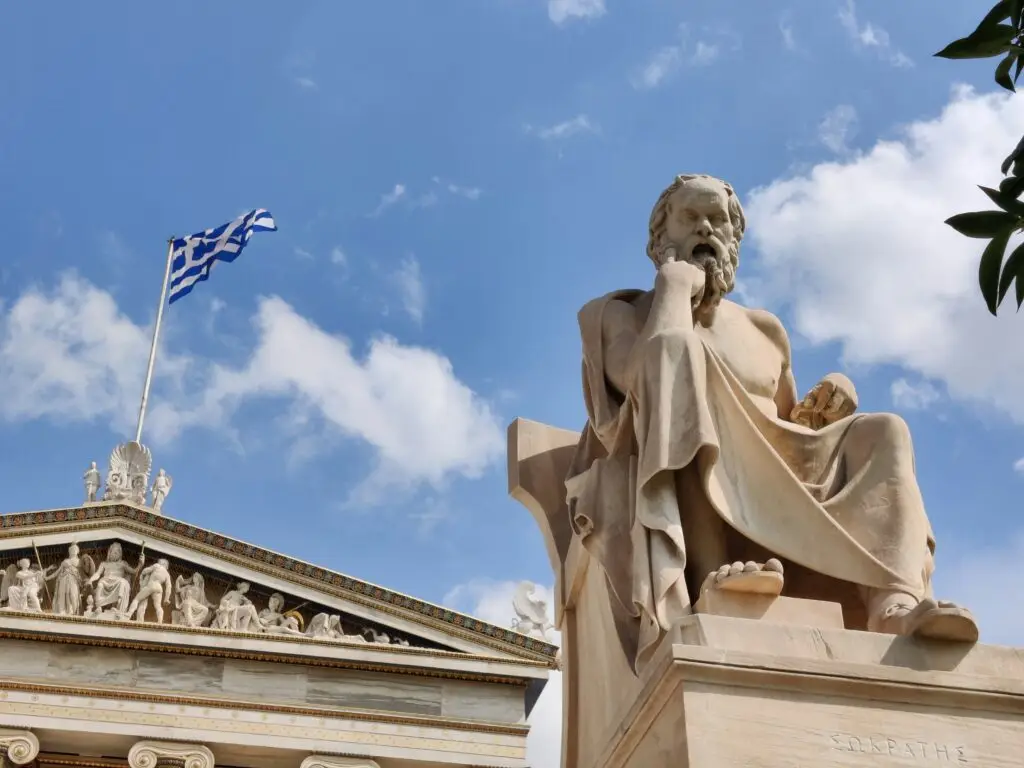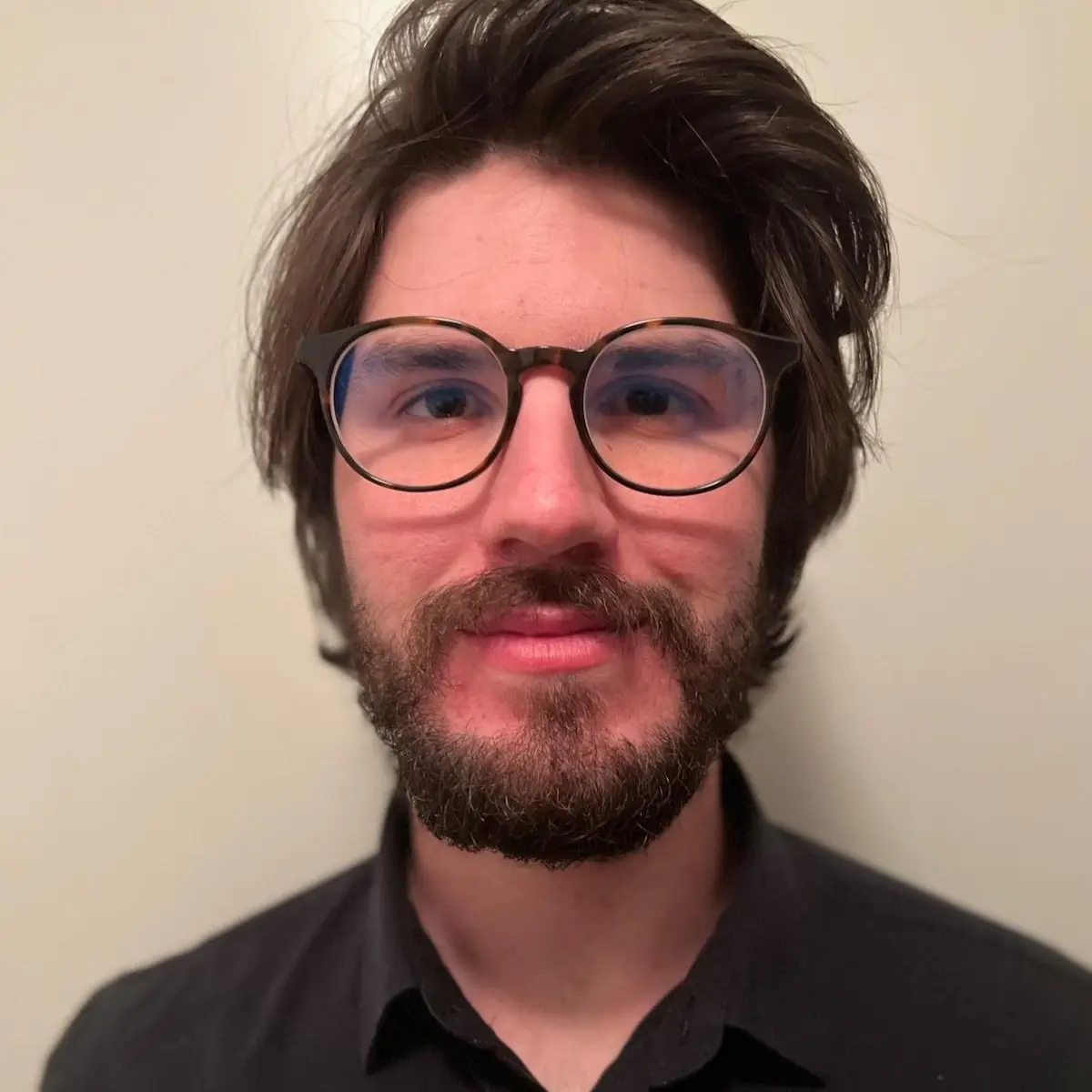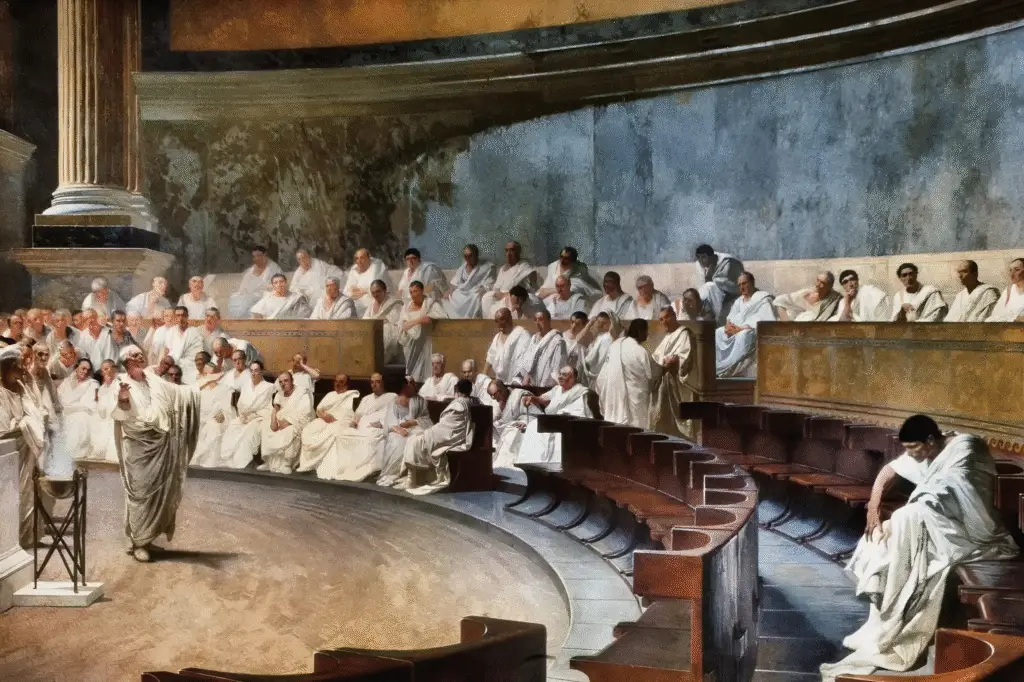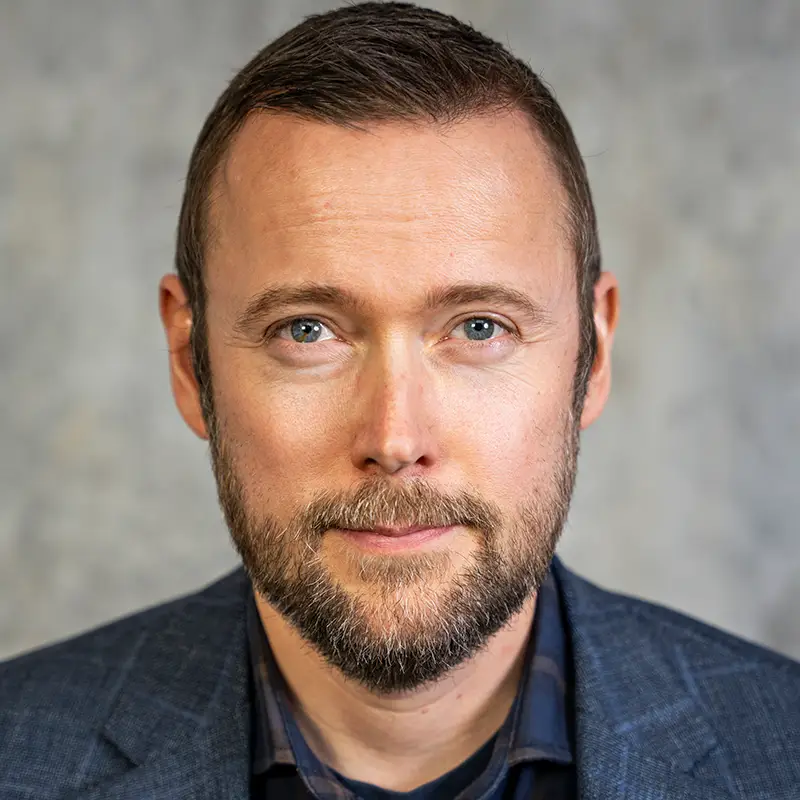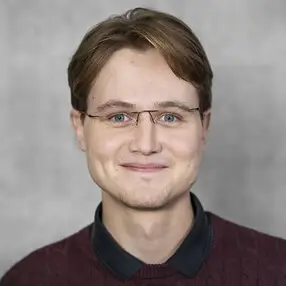To be honest, five years ago, I never saw myself studying philosophy in Sweden. At the time, I was working as a paralegal at an international law firm and anticipated that I would start the process of becoming a lawyer within the next year. But a question in the back of my head kept irking me, which would ultimately lead me to my PhD project.
Through my work at the law firm, I increasingly became aware of claims against the legal profession broadly, and business lawyers in particular, in relation to their role in a number of high-profile corruption scandals. Stories like the Panama Papers, where lawyers allegedly helped certain clients circumvent the law through the creation of offshore entities, seemed to contradict the role of the lawyer in society in protecting the rule of law. I increasingly heard the phrase “professional enablers” being used for lawyers, a phrase that lawyers did not seem to want associated with their profession.
I wasn’t finding the answer in discussions I heard in the legal profession, and so I turned to philosophy.
Furthermore, beyond cases of business lawyers allegedly enabling clients to break the law, I also followed the developing discussion on the role of the lawyer in relation to business and human rights. Professional institutions like the International Bar Association had recently released guidance geared towards business lawyers to help them understand key human rights issues in their various lines of work. Yet, I observed that it was difficult to clarify how lawyers could be involved in or contributing to human rights issues through their work.
Ultimately, these two issues highlighted to me a question of how a lawyer can or should be considered to some extent responsible for assisting their corporate clients in various situations, ranging from generally illegal acts like money laundering to generally unethical (but increasing illegal) acts in relation to business and human rights. This question kept coming up with every new story of some corporate scandal but never seemed to lead to what felt like a satisfying answer. I wasn’t finding the answer in discussions I heard in the legal profession, and so I turned to philosophy. Through an amazing stroke of luck, I was given the opportunity to explore this question further in 2018 through a PhD in practical philosophy at the University of Gothenburg.
As someone who could count the number of people I knew in Sweden on one hand (with fingers leftover), I was nervous about moving to Gothenburg. That being said, I quickly found groups of international postgrads, both within and outside the philosophy department, as well as sympathetic Swedes who helped me navigate the sometimes confusing aspects of life in Sweden, ranging from getting a bank account to dancing like frogs on Midsummer.
My research and the skills that I have developed through my PhD have been further enhanced by collaborating with colleagues both inside and outside philosophy.
Through my PhD project, I have been able to apply a refreshingly different perspective from philosophy to this question in a way that I hadn’t seen. Using concepts like moral responsibility and complicity, I feel like I have been able to investigate the issue in more foundational ways that help to clarify responsibility in the context that I am researching. With this philosophical perspective, I have engaged in various ways with the legal profession and legal academia and have found that this different way of thinking has been a welcome contribution.
I have also been able to connect into a number of related research projects, both within and outside of philosophy. For example, I participate in the Financial Ethics Research Group, which has helped me to see interesting parallels and overlaps between finance and my research in the legal profession. Also, I am funded by and regularly collaborate with the Centre for Collective Action Research, an interdisciplinary research group focusing on large-scale collective action issues ranging from corruption to climate change. My research and the skills that I have developed through my PhD have been further enhanced by collaborating with colleagues both inside and outside philosophy.
While living in Sweden and experiencing its traditions and culture has broadened my horizons in its own right, I have been especially grateful to be welcomed into the Swedish philosophy community and the broader research community here.
Beyond my PhD work, there are more intangible aspects of living and working in Gothenburg that I have noticed. For example, I have found a new appreciation for accessible nature and the revitalizing feeling of a weekend in the forest or an afternoon at the beach. Relatedly, I have also found more balance in my working life, and make sure to take time to appreciate, for example, the arrival of summer. These may seem like odd observations of life in Sweden, but they in particular stand out to me as aspects that have changed my perspective on living and working in general.
I started this journey knowing very little about the research environment, studying philosophy in Sweden, or Sweden in general. While living in Sweden and experiencing its traditions and culture has broadened my horizons in its own right, I have been especially grateful to be welcomed into the Swedish philosophy community and the broader research community here. It is a dynamic, collaborative community that has given me the opportunity to pursue and participate in a number of research discussions and develop my own research perspective. I hope to continue to apply my training in philosophy to research in business and professional ethics, sustainability, and collective action issues and continue to be involved in interesting research collaborations like what I have found in Sweden.




